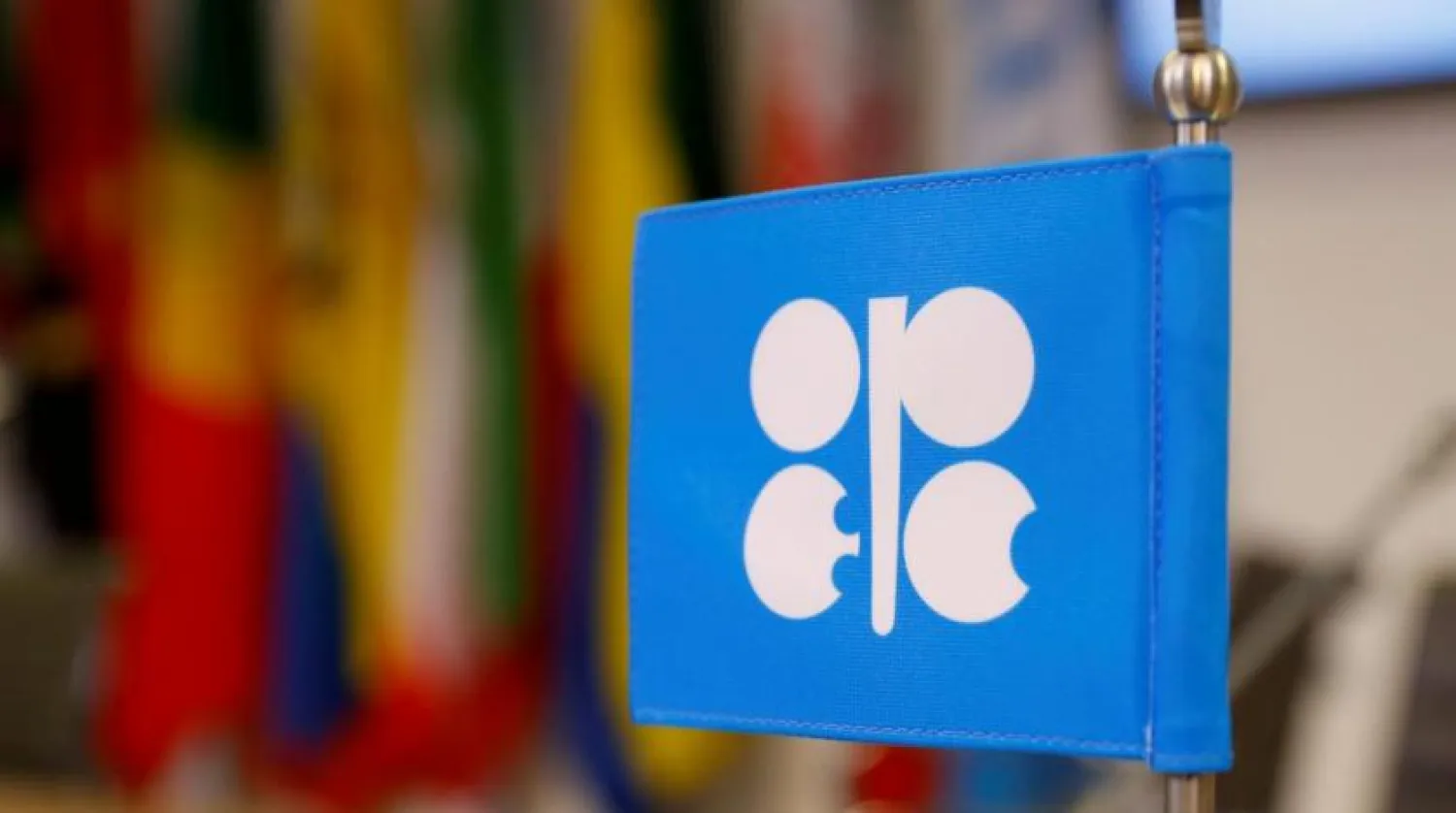The world's top oil-producing countries will meet on Wednesday to discuss a further increase in output, while crude prices have reached seven-year highs rattled by geopolitical tensions.
Part of their regular meetings since the Covid-19 pandemic shook markets, the 13 members of the Organization of the Petroleum Exporting Countries (OPEC) and their 10 allies convene by videoconference to set output.
Many analysts expect the grouping, including Saudi Arabia and Russia, to decide to continue to boost output by 400,000 barrels per day in March.
This will be in line with their strategy to slowly re-open the taps since May last year, after drastic cuts to curb slumping prices when the coronavirus first started spreading.
"With that said, we wouldn't completely rule out a larger increase, given high oil prices and recent OPEC+ underproduction," Capital Economics analysts said.
Brent oil on Wednesday surpassed $90 per barrel, attaining a level last seen in October 2014.
The price of West Texas Intermediate (WTI) crude hit its highest level in more than seven years earlier this month, fueled by easing concerns about the Omicron Covid variant and geopolitical tensions.
- Russia sanctions? -
The United States and Britain on Sunday flagged new and "devastating" economic sanctions against Russia, as Washington and its NATO allies step up efforts to deter any invasion of Ukraine.
Fears of an imminent invasion have grown in recent days, despite denials from Moscow and pleas from Ukraine's president to avoid stirring "panic" over the massive Russian military build-up on the border.
A Russian invasion of Ukraine would lead to "very hard sanctions" against Moscow, according to Bjarne Schieldrop, analyst at SEB.
"It would halt exports of natural gas to Europe even more. Natural gas and power prices in Europe would be much higher than the current extremely high prices we have now," he told AFP.
In the Middle East, Yemen's Iran-backed Huthi militants launched two missile attacks on the United Arab Emirates this month.
- Struggling to meet targets -
Besides the geopolitical uncertainties, analysts have noted that OPEC nations and other key producers are struggling to meet targets to lift output by 400,000 barrels a month, adding to the upward pressure on prices.
"OPEC+ underperformance and inaction support elevated oil prices as the group has underdelivered against its stated production targets by hundreds of thousands of barrels," Rystad Energy analyst Louise Dickson said.
The grouping "has committed to a passive role in the conversation despite external pressure primarily from the US, to increase production and ease fuel prices," she added.









